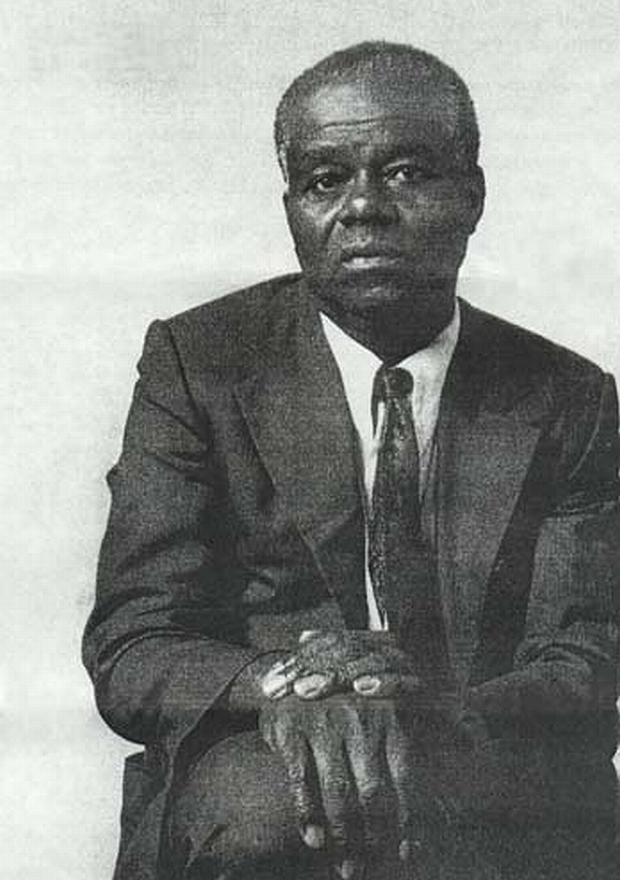John Henrik Clarke (John Henrik Clarke)

By the 1920s, the Great Migration and demographic changes had led to a concentration of African Americans living in Harlem. A synergy developed among the artists, writers and musicians and many figured in the Harlem Renaissance. They began to develop supporting structures of study groups and informal workshops to develop newcomers and young people. Arriving in Harlem at the age of 18 in 1933, John Henrik Clarke developed as a writer and lecturer during the Great Depression years. He joined study circles such as the Harlem History Club and the Harlem Writers’ Workshop. He studied intermittently at New York University, Columbia University, Hunter College, the New School of Social Research and the League for Professional Writers. He was an autodidact whose mentors included the scholar Arturo Alfonso Schomburg. From 1941 to 1945, Clarke served as a non-commissioned officer in the United States Army Air Forces, ultimately attaining the rank of master sergeant. In the post-World War II era, there was new artistic development, with small presses and magazines being founded and surviving for brief times. Writers and publishers continued to start new enterprises: Clarke was co-founder of the Harlem Quarterly (1949–51), book review editor of the Negro History Bulletin (1948–52), associate editor of the magazine, Freedomways, and a feature writer for the black-owned Pittsburgh Courier. Clarke taught at the New School for Social Research from 1956 to 1958. Traveling in West Africa in 1958–59, he met Kwame Nkrumah, whom he had mentored as a student in the US, and was offered a job working as a journalist for the Ghana Evening News. John Henrik Clarke also lectured at the University of Ghana and elsewhere in Africa, including in Nigeria at the University of Ibadan.
Becoming prominent during the Black Power movement in the 1960s, which began to advocate a kind of black nationalism, John Henrik Clarke advocated for studies of the African-American experience and the place of Africans in world history. He challenged the views of academic historians and helped shift the way African history was studied and taught. Clarke was “a scholar devoted to redressing what he saw as a systematic and racist suppression and distortion of African history by traditional scholars.” He accused his detractors of having Eurocentric views. His writing included six scholarly books and many scholarly articles. He also edited anthologies of writing by African Americans, as well as collections of his own short stories. In addition, Clarke published general interest articles. In one especially heated controversy, he edited and contributed to an anthology of essays by African Americans attacking the white writer William Styron and his novel, The Confessions of Nat Turner, for his fictional portrayal of the African-American slave known for leading a rebellion in Virginia. Besides teaching at Hunter College and Cornell University, Clarke founded professional associations to support the study of black culture. He was a founder with Leonard Jeffries and first president of the African Heritage Studies Association, which supported scholars in areas of history, culture, literature and the arts. He was a founding member of other organizations to support work in black culture: the Black Academy of Arts and Letters and the African-American Scholars’ Council. John Henrik Clarke died of a heart attack on July 12, 1998, at St. Luke’s-Roosevelt Hospital Center. He was buried in Green Acres Cemetery, Columbus, Georgia.
Born
- January, 01, 1915
- USA
- Union Springs, Alabama
Died
- July, 12, 1998
- USA
- Manhattan, New York, New York
Cause of Death
- heart attack
Cemetery
- Green Acres Cemetery
- Columbus, Georgia
- USA



